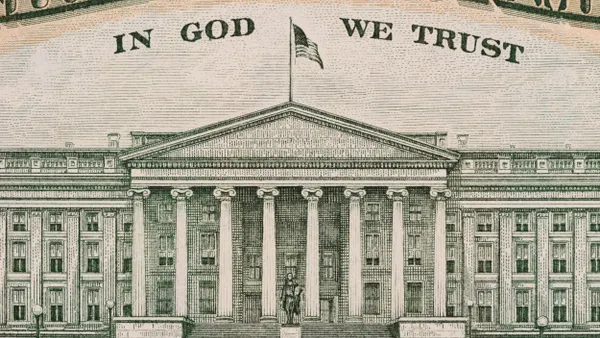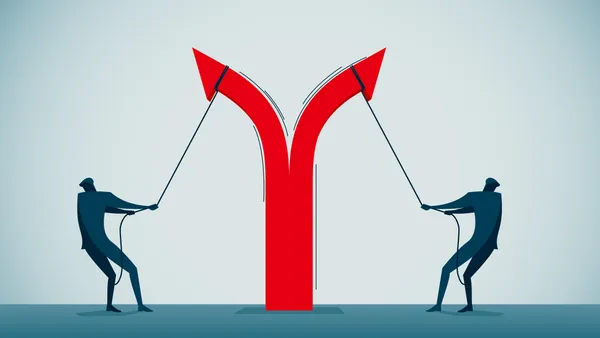In a decision with implications for the Trump administration’s global automobile tariffs, the World Trade Organization has ruled it does have the power to review whether a member nation has properly made national security claims.
The Trump administration has said such claims are not subject to WTO review, citing national sovereignty. But a WTO panel disagreed with that position on Friday in finding that Russia did not violate international trade rules in 2016 when it banned road and rail transport from Ukraine unless the route also went through Belarus.
“It would be entirely contrary to the security and predictability of the multilateral trading system established by the GATT [Treaty of 1994] and the WTO Agreements” to allow member nations to decide the merits of a national security claim for themselves, the panel said.
Exercising its “mandate” to conduct an “objective” review, the WTO found the Russian transit ban was valid because “as of 2014, there has existed a situation in Russia’s relations with Ukraine that constitutes an emergency in international relations.”
As Reuters reports, Trump has been considering “using the same legal basis for a 25% tariff on global imports of cars, which the WTO has said would be a bigger economic shock than the U.S.-China trade war.”
The GATT Treaty provides that nothing in the agreement shall be construed to “prevent any contracting party from taking any action which it considers necessary for the protection of its essential security interests [that was] taken in time of war or other emergency in international relations.”
“Invoking national security was taboo at the WTO for decades after it was founded in 1995. Diplomats referred to it as [a] ‘Pandora’s box,’” but in recent years Russia, the U.S., Bahrain, the United Arab Emirates, and Saudi Arabia have all invoked it, Reuters noted.
In the Russia-Ukraine dispute, Russia essentially made Trump’s argument, saying the WTO lacks jurisdiction to evaluate measures taken to protect national security. The panel sided with Ukraine, which argued that the WTO can “objectively” decide whether an action was taken in time of war or other emergency in international relations.
Photo: WTO, CC BY-SA 2.0












